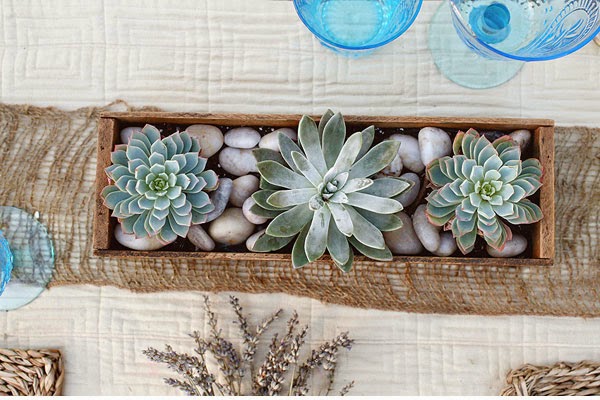When
is a living indoor plant more than a beautiful accent for home or office? The answer is “nearly always” if you consider
the health benefits of having live plants in your space.
According
to Kifumi Keppler, owner and founder of Exotic Plants, “Research shows that the
benefits of living plants in our home and workplace help us live healthier and
even happier lives. If you’ve noticed
that you feel better around your plants, there are plenty of studies that back
you up.”
Here
are five health benefits of plants that may help you decide to add more green
to your indoor environment.
Plants
can help:
1.
Improve air quality.
Research
by NASA has shown that plants improve air quality by removing certain chemicals
from the air in enclosed spaces. These
chemicals, including compounds like benzene,
formaldehyde and ammonia, have been linked to
physical complaints such as headaches, eye irritation and more.
2.
Help you breathe better.
In
the process of photosynthesis, plants absorb carbon dioxide and release oxygen. Since we breathe in oxygen, people and plants
make good partners. At night, most
plants stop photosynthesis and release carbon dioxide. However a few plants like orchids, succulents and certain others, do
just the opposite, releasing oxygen at night time, making them a great choice
for the bedroom.
3.
Reduce stress.
A
study conducted in Australia found that plants in the work environment can
reduce stress. Their research found
reductions in anxiety, depression, anger and hostility, all of which can
negatively affect one’s health.
4.
Improve health.
Norwegian
and Dutch research discovered that adding plants to the workplace can reduce the
incidence of physical ills such as fatigue, colds, headaches, coughs, sore
throats and flu-like symptoms.
5.
Speed recovery for surgical patients.
A
Kansas State University study compared the recovery rate of patients in rooms
with and without plants. Those in rooms
with plants requested less pain medication and were released from the hospital
sooner than those patients without the plants.
Of
course, not every plant may be the right fit for you. Some are toxic if eaten and so should be
avoided in homes with children and pets.
As Kifumi says the value of plants goes far beyond the
aesthetic value. “Plants add a natural and spiritual aspect to our lives. There’s
a symbiotic relationship between people and plants. They give us so much—food, oxygen, energy, medicinal
remedies and more. Nature is our connection to the earth, and keeping live
plants in the house and office reminds us of this.”
If
you have questions or think you don’t have a green thumb, Kifumi invites you to
call or visit Exotic Plants. She says
her staff love answering questions and will do their best to help you maintain
healthy and beautiful plants.


